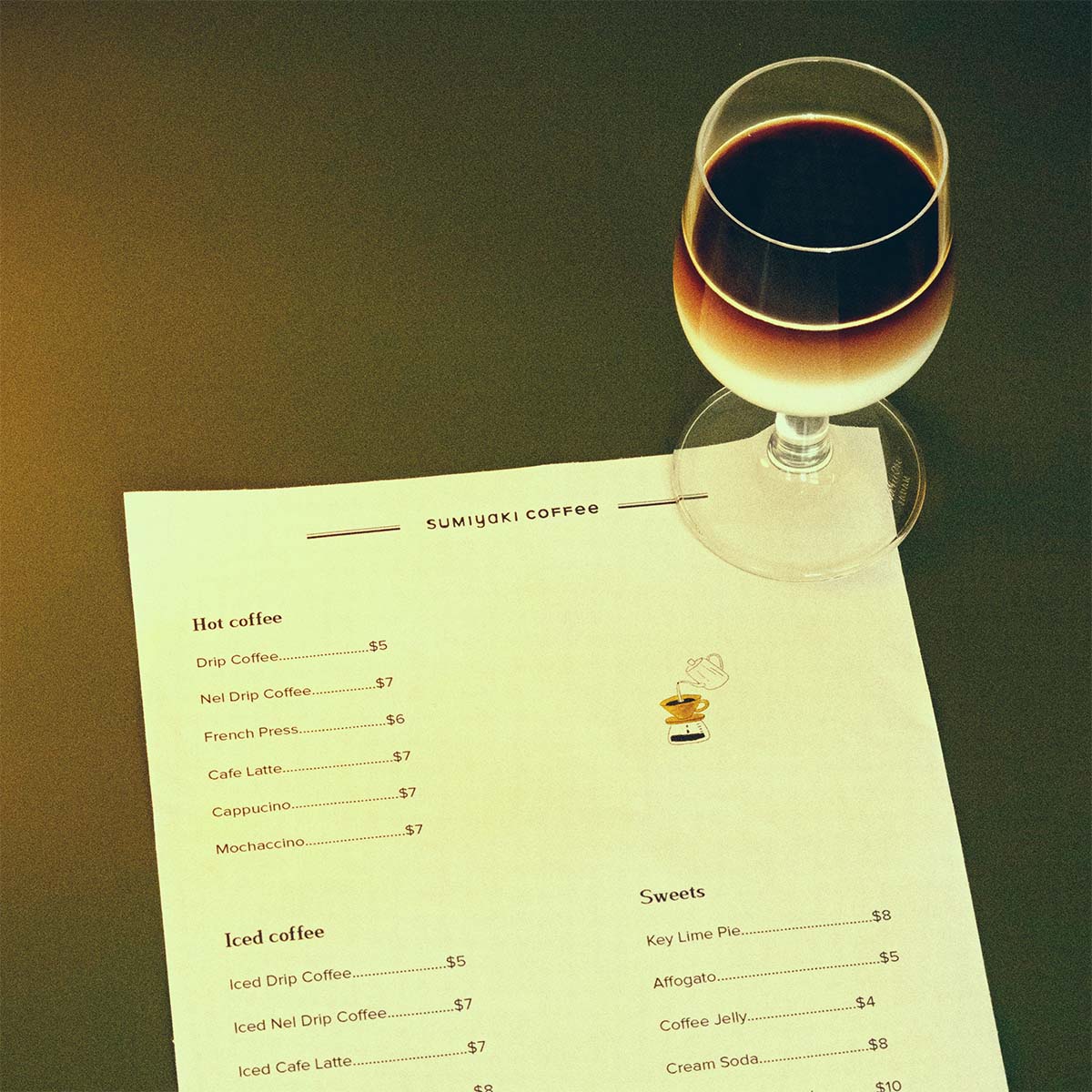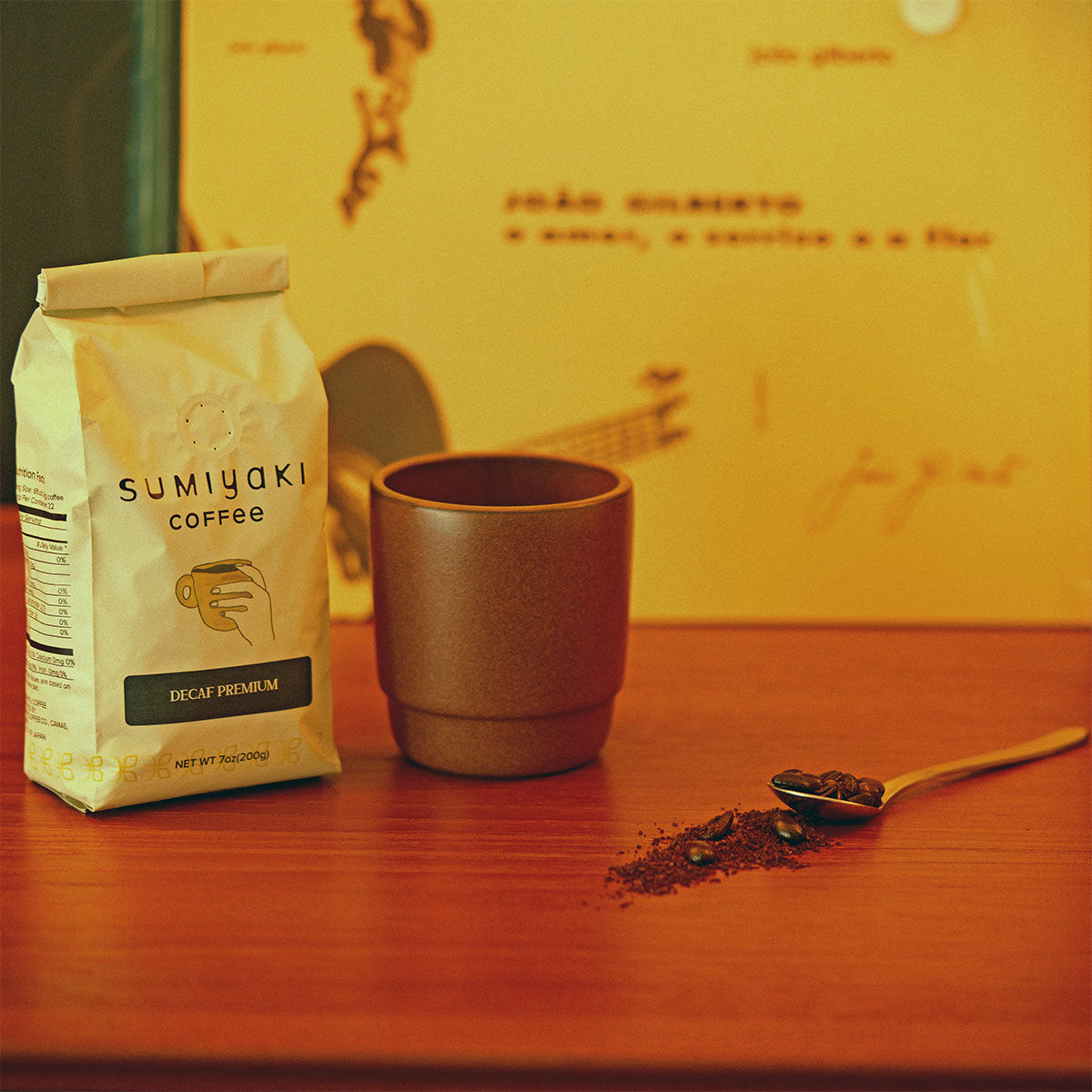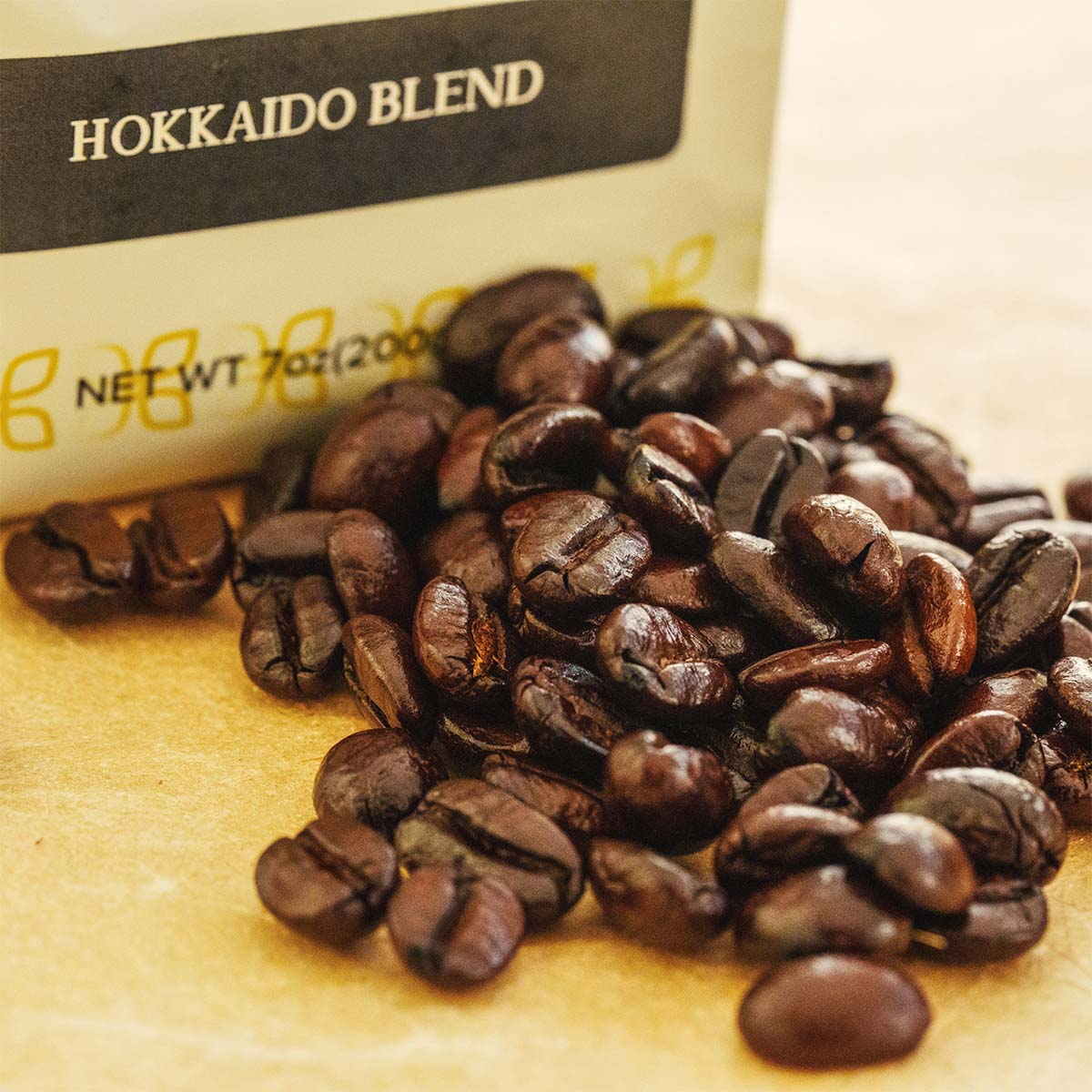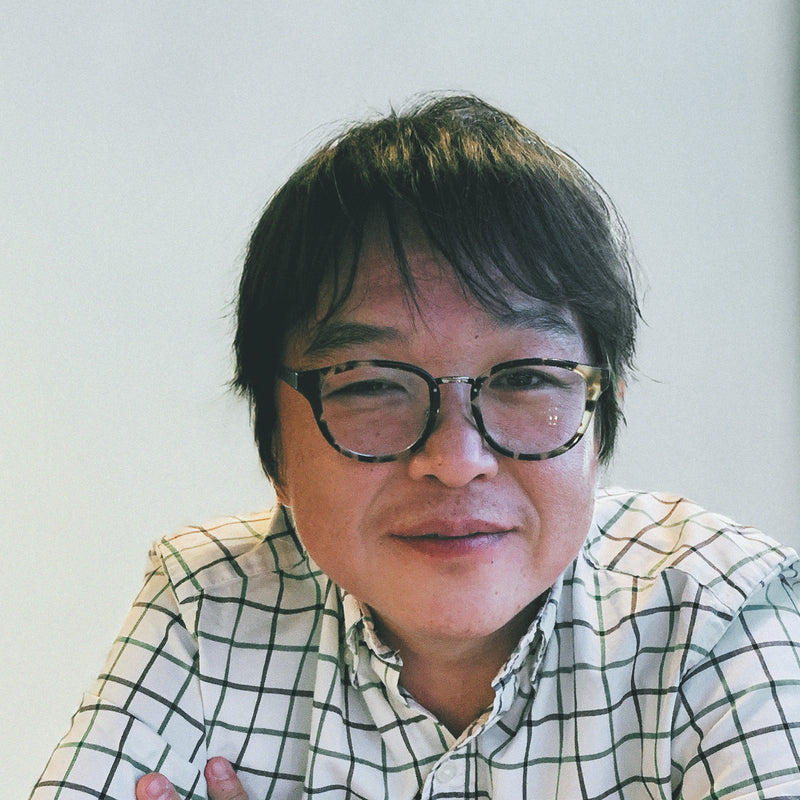Japan is renowned for its tea ceremonies, sushi, and cherry blossoms. However, many might be surprised to learn that Japan also boasts a rich and unique coffee culture. As students embark on cultural exchanges to Japan, immersing themselves in this coffee culture can be an eye-opening experience. Let's dive into the intricacies of Japan's coffee scene and understand why it's an essential part of the cultural exchange for students.
The Historical Roots of Coffee in Japan
Did you know that coffee was introduced to Japan as early as the 17th century? Yes, you heard that right! The Dutch traders first brought coffee to Japan, but it wasn't until the late 19th century that it started gaining popularity. Fast forward to today, Japan's coffee culture is a blend of tradition and innovation, reflecting the nation's ability to harmonize the old with the new.
Coffee Shops as Study Hubs
In Japan, coffee shops are more than just places to grab a quick caffeine fix; they are often designed as welcoming study hubs. Whether it's a cozy, traditional kissaten or a sleek, modern specialty cafe, these establishments offer a conducive environment for learning. Exchange students can find quiet corners to focus on their studies, complete assignments, or engage in thoughtful reflection. The calm and inviting atmosphere of these coffee shops, often accompanied by soft music and comfortable seating, makes them ideal places for academic endeavors.
Boosting Cognitive Performance with Coffee
Numerous studies have highlighted the cognitive benefits of coffee, such as improved concentration, enhanced memory, and increased alertness. For exchange students facing the challenges of adapting to a new academic system, a good cup of coffee can be an invaluable aid. Coffee's natural caffeine boost can be just what a student needs to power through a tough study session or late-night cram session. However, it's also important to recognize that sometimes, despite the best efforts, additional help might be necessary. In such cases, students might find themselves turning to Google with queries like "who can do my assignment" to seek professional help. This can ensure academic success while allowing students to balance their workload with the enriching experiences of their cultural exchange in Japan.
The Rise of Kissaten: Traditional Japanese Coffee Houses
The kissaten, which are traditional Japanese coffee shops that opened in the early 20th century, are one of the most interesting parts of Japanese coffee culture. Instead of the busy coffee chains, Kissaten has a calm and retro atmosphere. These places are usually run by families and have old-fashioned decor, classical music, and carefully made coffee. For students on cultural exchanges, going to a kissaten is like opening a time capsule that lets them see how Japanese coffee has changed over the years.
Specialty coffee shops are a modern trend in coffee
Japan still loves kissaten, but the coffee scene there is also booming right now. There are now a lot of specialty coffee places in cities, especially in Tokyo, Kyoto, and Osaka. These modern businesses focus on using high-quality beans, exact brewing methods, and spaces that look nice. Every cup of coffee in Japan is a work of art, and students can check out these shops to see how they do it. The careful attention to detail will please any coffee lover, from siphon coffee to pour-over methods.
Coffee as a Way to Meet People
Japan sees coffee as more than just a drink; it's a way to spend time with other people. People like to hang out with friends, study, and even have business talks in coffee shops. In Japanese coffee culture, the idea of a "third place" (a place that isn't home or work) is very important. Coffee shops are a great place for students to meet new people, practice their language skills, and make new friends. It's interesting how something as easy as coffee can bring people from different cultures together.
Made-to-Order Japanese Coffee
Japan is also very creative when it comes to coffee. Students will be able to choose from a wide range of unique coffee drinks that show how clever our country is. Can you tell me about your favorite coffee or dessert? These are just a few of the unique coffees that can be found in Japan. Also, vending machines that sell canned coffee are very common, making it easy to get your caffeine fix on the go. Exploring these unique coffee goods can be a fun way for students to learn about other cultures.
How cultural exchange changes how much people enjoy coffee
You can go both ways with cultural exchange programs. Kids learn about Japanese coffee culture, but they also bring their own coffee customs and tastes. Japan's coffee scene is always changing because of this sharing of ideas. Western coffee culture has had an effect on things like the popularity of latte art and the growth of foreign coffee chains. On the other hand, students might learn something new about how Japanese people drink coffee and change the way they drink coffee at home.
How coffee is used in everyday life in Japan
Many Japanese people drink coffee every day without even thinking about it. In the morning, people on their way to work often grab a quick coffee at a convenience shop. During the day, people who work in offices take coffee breaks to recharge. The fact that coffee is so common in Japanese culture shows how important it is there. Students can learn more about the local way of life and work culture by watching and taking part in these daily routines.
Coffee and taking part in the community
Getting to know the locals is an important part of any cultural exchange, and coffee shops are often the center of the community. A lot of cafes have events like art shows, poem readings, and live music, which helps people feel like they are part of a community. Going to these events can be a great way for students to meet locals, learn about how communities work, and become fully immersed in the culture of the country they are visiting.
In the end, learning Japanese coffee culture as part of a cultural exchange gives students a lot of different experiences. From the historical charm of kissaten to the new and creative specialty coffee shops, from the social and community aspects to the unique coffee drinks, Japan's coffee scene shows how culturally diverse and flexible the country is. As students drink their way through this interesting culture, they learn more about Japanese society and develop a greater love for coffee. Next time you're in Japan for a culture exchange, don't just visit the big tourist spots. Check out the lively coffee culture, and let each cup tell you a story.
Get Free Bonus Books

Sign up for free to the Coffee Club to get advice and exclusive articles about how to choose Japanese Coffee, and tips, tricks, and recipes for enjoying Japanese coffee.
About the author
Kei Nishida
Author, CEO Dream of Japan
Certification: PMP, BS in Computer Science
Education: Western Washington University
Kei Nishida is a passionate Japanese tea and coffee connoisseur, writer, and the founder and CEO of Japanese Coffee Co. and Japanese Green Tea Co., both part of Dream of Japan.
His journey began with a mission to introduce the world to the unparalleled quality of Japanese green tea. Through Japanese Green Tea Co., he established the only company that sources premium tea grown in nutrient-rich sugarcane soil—an innovation that led to multiple Global Tea Champion awards.
Building on this success and his passion for Japanese craftsmanship, Kei expanded into the world of coffee, pioneering the launch of Japanese Coffee Co., the first company to bring Sumiyaki charcoal-roasted coffee to a global audience. His dedication to authenticity and quality ensures that this traditional Japanese roasting method, once a well-kept secret, is now enjoyed worldwide.
Beyond tea and coffee, Kei has also introduced Japan’s legendary craftsmanship to the world through Japanese Knife Co., making handmade katana-style knives—crafted by a renowned katana maker—available outside Japan for the first time.
Kei’s journey continues as he seeks out and shares the hidden treasures of Japan, one cup and one blade at a time.
Learn more about Kei


















